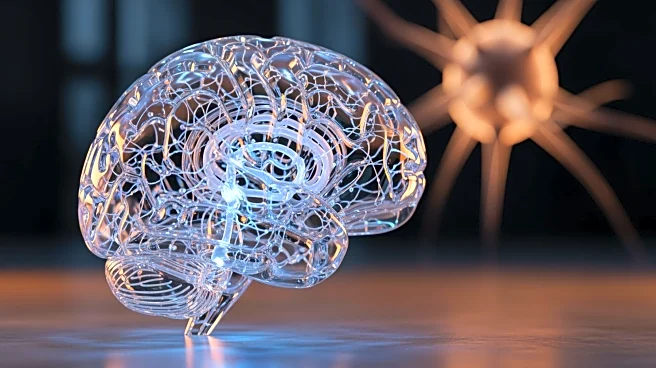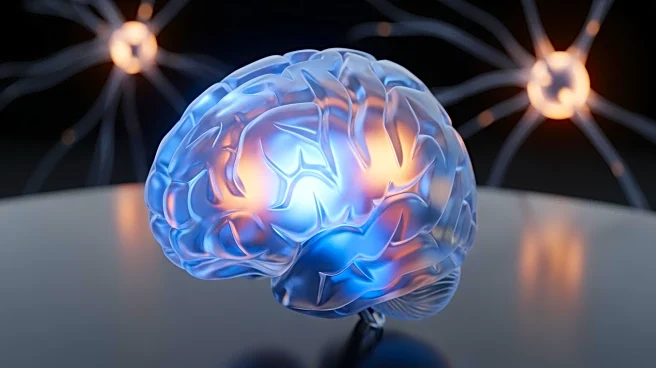Rapid Read • 7 min read
President Trump has expressed interest in potentially overturning Washington D.C.'s home rule, a form of limited self-government, following an assault on a former Department of Government Efficiency staffer. Trump suggested bringing in the National Guard and taking control of the city's police force to address crime issues. The incident involved Edward Coristine, who was attacked by juveniles in Logan Circle. Trump has criticized D.C.'s crime rates, despite data showing a decline in violent crime since last year. The idea of federalizing D.C. has been echoed by conservative figures, but would require Congressional action to repeal the Home Rule Act.
AD
The potential federalization of D.C. raises significant questions about local governance and federal authority. If pursued, it could alter the balance of power between the federal government and local authorities, impacting over 700,000 residents. The move could set a precedent for federal intervention in local matters, affecting public policy and political dynamics. It also highlights ongoing debates about crime management and political leverage in negotiations with D.C.'s Democratic leadership.
For Trump to federalize D.C., Congress would need to overturn the Home Rule Act, a politically challenging task given potential opposition from Senate Democrats. Bills aimed at repealing home rule have been introduced, but their success is uncertain. The situation may lead to increased political tension and negotiations between Trump and D.C.'s mayor, Muriel Bowser, as well as broader discussions on federal versus local control.
The threat to federalize D.C. could be used as leverage in political negotiations, influencing local policies and priorities. It underscores the complex relationship between federal authority and local governance, with potential implications for civil rights and democratic processes. The situation also reflects broader national debates on crime, governance, and political power.
AD
More Stories You Might Enjoy










